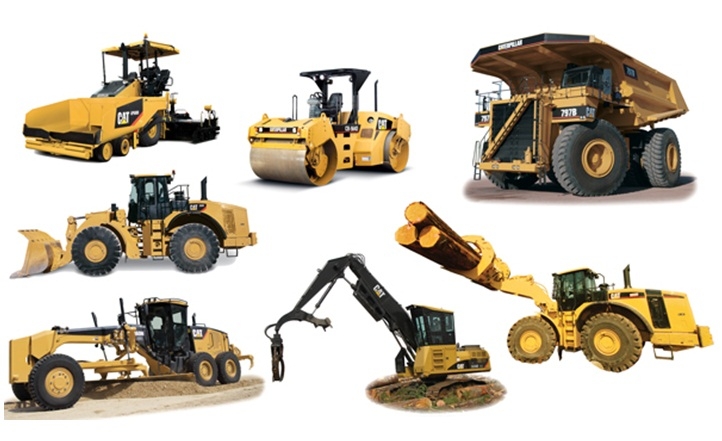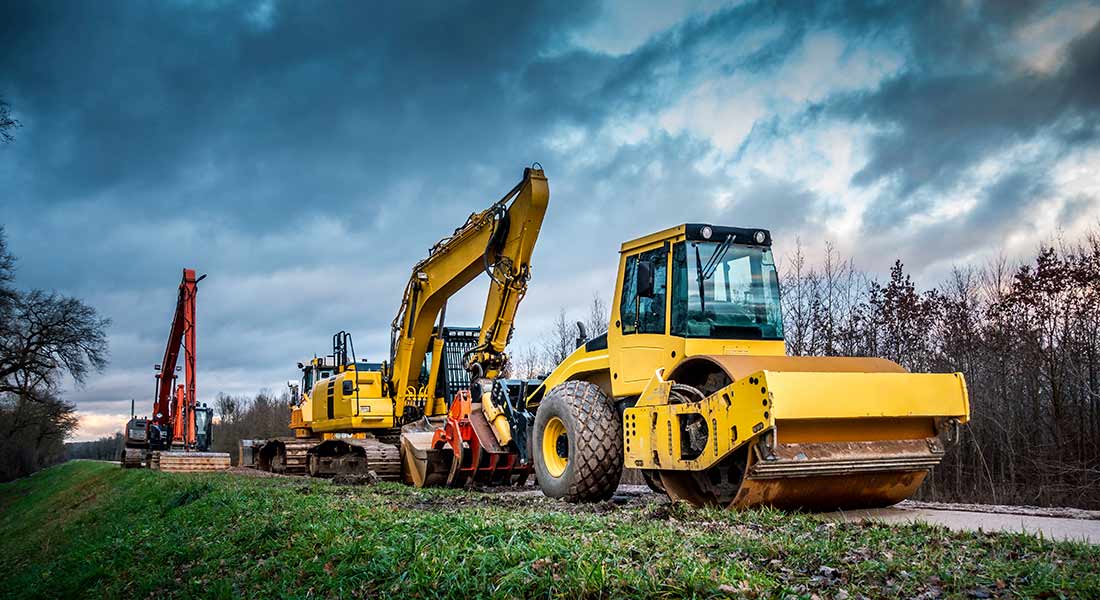Boom Lift Rental in Tuscaloosa AL: Find Budget Friendly Options for Your Projects
Boom Lift Rental in Tuscaloosa AL: Find Budget Friendly Options for Your Projects
Blog Article
Checking Out the Financial Conveniences of Leasing Construction Equipment Contrasted to Owning It Long-Term
The choice between having and renting construction tools is essential for monetary administration in the industry. Leasing deals instant price savings and operational flexibility, enabling companies to assign sources much more efficiently. Recognizing these nuances is crucial, specifically when taking into consideration exactly how they align with certain project demands and monetary strategies.

Cost Contrast: Renting Vs. Owning
When assessing the monetary implications of owning versus renting construction devices, a complete expense comparison is crucial for making notified decisions. The choice in between owning and leasing can dramatically affect a company's lower line, and comprehending the associated costs is crucial.
Leasing building and construction equipment usually involves lower upfront expenses, allowing organizations to allocate funding to other functional needs. Rental expenses can collect over time, potentially exceeding the cost of ownership if tools is required for a prolonged duration.
On the other hand, having building tools requires a substantial initial investment, together with continuous costs such as financing, insurance, and depreciation. While ownership can cause lasting financial savings, it additionally locks up capital and might not supply the exact same degree of flexibility as leasing. In addition, possessing tools necessitates a dedication to its usage, which may not constantly line up with task demands.
Inevitably, the decision to rent or possess ought to be based upon a comprehensive evaluation of details job requirements, financial ability, and long-lasting critical objectives.
Upkeep Obligations and expenses
The option between renting and owning building equipment not only involves financial considerations but also incorporates ongoing maintenance expenses and obligations. Owning equipment requires a considerable commitment to its upkeep, which consists of regular inspections, repair work, and potential upgrades. These responsibilities can promptly collect, causing unforeseen costs that can stress a budget plan.
On the other hand, when renting out equipment, upkeep is usually the responsibility of the rental firm. This plan permits specialists to prevent the financial burden related to deterioration, in addition to the logistical obstacles of organizing repair services. Rental contracts typically consist of provisions for upkeep, suggesting that specialists can focus on finishing jobs instead of fretting regarding equipment problem.
Furthermore, the varied variety of tools available for rental fee enables companies to choose the most up to date models with sophisticated innovation, which can enhance effectiveness and performance - scissor lift rental in Tuscaloosa Al. By going with services, organizations can prevent the long-lasting liability of tools depreciation and the connected maintenance migraines. Eventually, reviewing maintenance expenses and duties is crucial for making an informed decision about whether to rent out or possess building equipment, substantially influencing total task costs and functional efficiency

Devaluation Effect On Possession

A substantial element to consider in the decision to have building and construction tools is the influence of depreciation on overall possession costs. Devaluation represents the decline in worth of the tools with time, influenced by variables such as usage, wear and tear, and innovations in technology. As devices ages, its market worth diminishes, which can considerably affect the owner's financial position when it comes time to offer or trade the devices.
For construction business, this depreciation can translate to considerable losses if the devices is not used to its greatest possibility or if it comes to be out-of-date. Proprietors should make up devaluation in their financial estimates, which can result in higher general prices compared to leasing. In addition, the tax implications of devaluation can be complex; while it might offer some tax benefits, these are usually countered by the reality of minimized resale value.
Eventually, the burden of depreciation highlights the relevance of understanding the long-lasting economic commitment included in having building equipment. Firms must very carefully evaluate exactly how often they will certainly make use of the equipment and the prospective economic impact of devaluation to make an educated choice regarding possession versus renting out.
Financial Flexibility of Renting Out
Renting building and construction devices supplies significant monetary adaptability, permitting companies to assign resources Recommended Reading a lot more effectively. This adaptability is specifically essential in a market defined by changing task needs and differing workloads. By opting to rent, companies can prevent the significant capital investment required for purchasing equipment, preserving capital for other functional needs.
Additionally, renting out devices enables business to tailor their equipment choices to specific project needs without the lasting dedication related to ownership. This indicates that companies can easily scale their tools inventory up or down based upon current and anticipated task needs. As a result, this flexibility lowers the threat of over-investment in equipment that may come to be underutilized or obsolete with time.
An additional monetary advantage of renting is the potential for tax benefits. Rental payments are often taken into consideration business expenses, enabling for prompt tax obligation reductions, unlike depreciation on owned and operated equipment, which is topped a number of years. scissor lift rental in Tuscaloosa Al. This prompt cost recognition can further boost a firm's money position
Long-Term Job Factors To Consider
When evaluating the long-lasting demands of a building and construction service, the decision in between owning and leasing devices becomes a concrete mixer machine price lot more intricate. For jobs with prolonged timelines, acquiring equipment might seem helpful due to the potential for reduced total prices.
The building market is evolving rapidly, with brand-new devices offering boosted performance and security functions. This adaptability is specifically advantageous for companies that manage diverse projects calling for different kinds of devices.
Moreover, monetary security plays a vital role. Possessing tools often entails substantial capital financial look at this now investment and depreciation concerns, while leasing permits even more predictable budgeting and capital. Inevitably, the selection between owning and renting out should be straightened with the tactical objectives of the construction service, taking right into account both existing and expected job demands.
Verdict
To conclude, renting out construction tools provides substantial monetary benefits over lasting ownership. The lessened ahead of time costs, removal of upkeep responsibilities, and evasion of devaluation add to boosted capital and economic flexibility. scissor lift rental in Tuscaloosa Al. Furthermore, rental payments function as prompt tax reductions, even more benefiting service providers. Inevitably, the choice to lease rather than very own aligns with the dynamic nature of building tasks, permitting flexibility and access to the most recent tools without the financial worries linked with possession.
As tools ages, its market worth lessens, which can substantially impact the owner's monetary setting when it comes time to offer or trade the equipment.
Leasing construction equipment provides considerable economic flexibility, permitting business to allocate resources extra efficiently.In addition, renting out tools enables firms to tailor their tools options to certain job needs without the long-lasting commitment connected with possession.In final thought, renting out building tools provides significant economic benefits over long-term ownership. Ultimately, the choice to lease rather than very own aligns with the vibrant nature of building tasks, permitting for versatility and access to the most recent equipment without the financial problems connected with possession.
Report this page